Quiz: Are Your Weight-Loss Expectations Realistic?
-
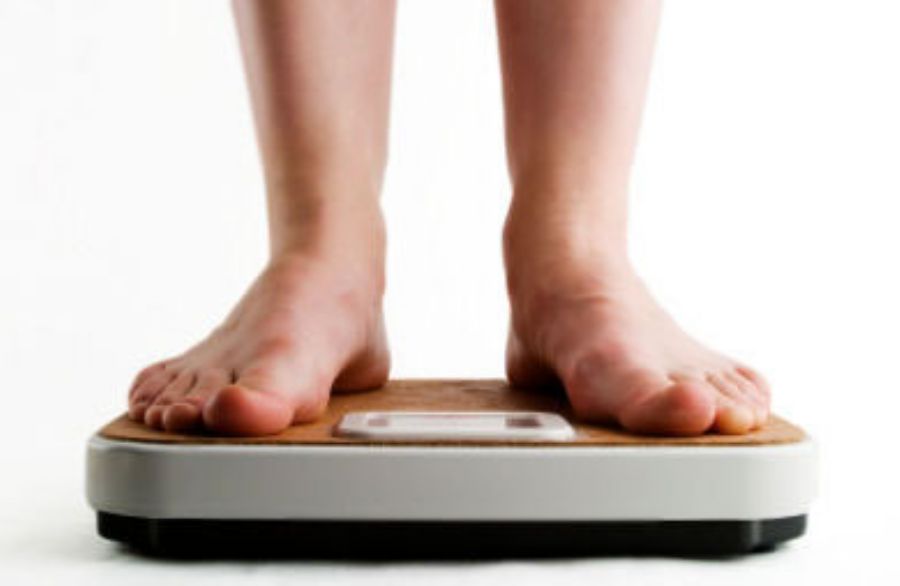
Question 1
On average, how much weight should a person expect to lose in one week when on a healthy weight-loss plan?
A) 0.5 pounds or less
B) 0.5 to 2 pounds
C) 3-5 pounds
D) More than 5 pounds
-
.jpg)
Realistic Weight-Loss Answer: A or B
A healthy rate of weight loss is up to two pounds a week. While you may lose more in the beginning weeks, losing anything equal to--or less than--two pounds is good in the long run. Losing this amount of weight is sustainable for the long term, while also and allowing your body to adapt to your weight loss in the healthiest way possible.
-
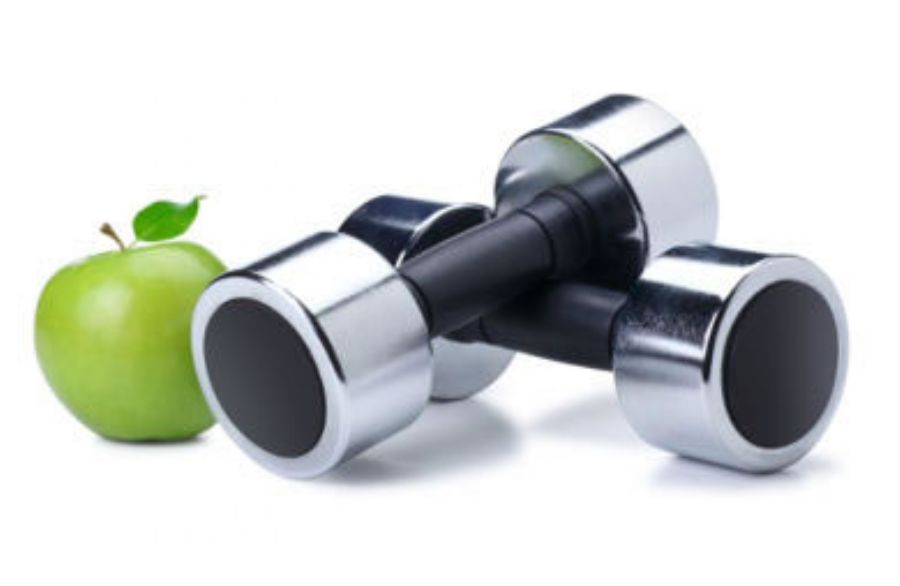
Question 2
What factor is most important for weight loss?
A) Diet
B) Exercise
C) Diet and exercise
D) An overall healthy lifestyle, including diet and exercise
-
.jpg)
Realistic Weight-Loss Answer: D
While diet and exercise are extremely important when it comes to losing weight, other factors do come into play. In addition to eating right and being active, a healthy lifestyle includes stress management, getting enough sleep and minimizing unhealthy behaviors like smoking, drinking too much alcohol or engaging in negative self-talk. Think of your weight-loss plan as a wellness plan to make your entire life healthier--not just weighing in at a certain number on the scale.
-
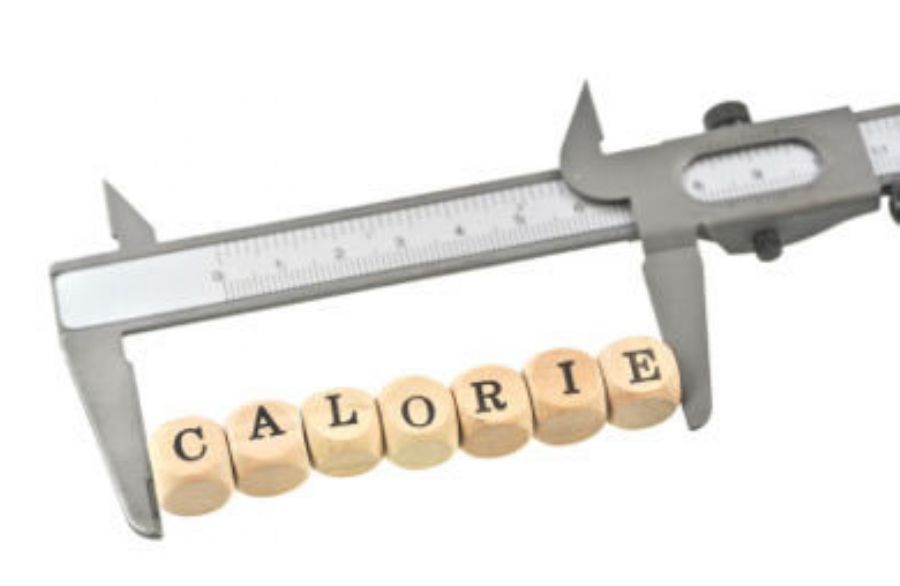
Question 3
True or False: Weight loss is only about calories in and calories out.
A) True
B) False
-
.jpg)
Realistic Weight-Loss Answer: B
Burning more calories than you're putting in your body every day is one way to lose weight. However, only focusing on calories misses the larger and more important picture. Eating 1,500 calories worth of cotton candy will surely give you different results than eating 1,500 calories of green leafy vegetables. Not to mention that it's easy to burn calories when you're having fun rather than pounding away on a treadmill if you hate running.
So while it can be beneficial to monitor your calories eaten and calories burned, also make sure that the food you're eating is nutritious and that you're enjoying the exercise you're doing so you'll stick with it for good.
-
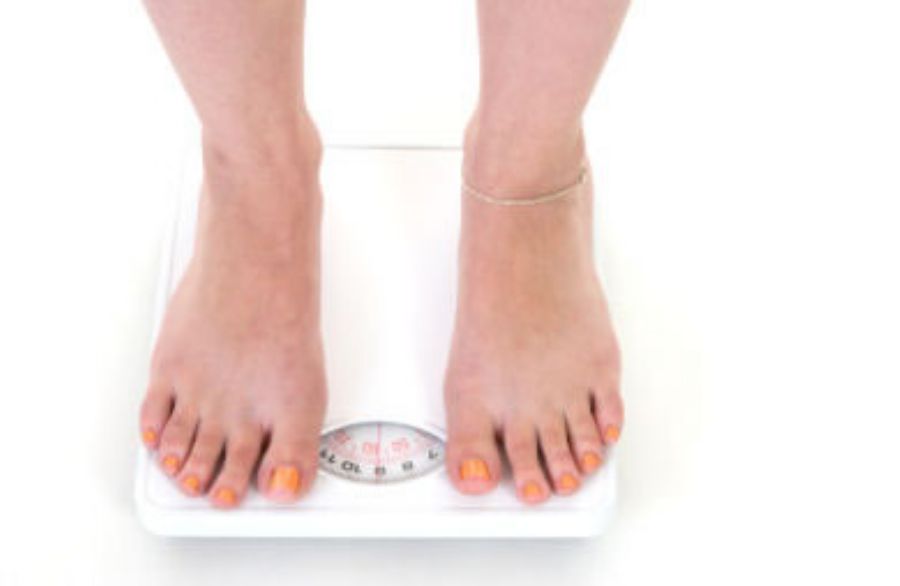
Question 4
When trying to lose weight, the best way to monitor your progress is stepping on the scale.
A) True
B) False
-
.jpg)
Realistic Weight-Loss Answer: B
The scale can be a way to monitor progress, but it's limited in that it can't tell you about changes in your body composition (fat vs. muscle). The number on the scale can also vary widely based on what you've eaten, if you've used the restroom and how hydrated you are.
For a more realistic way to track your results, get your body fat percentage read at a health club, measure yourself with a tape measure or simply keep an eye on how your clothes fit. Also take time to regularly reflect on how much better you feel. Losing weight isn't just about appearance--it's about gaining energy, sleeping better, having more confidence and being able to do more with your body.
-

Question 5
Which statement describes the best strategy for losing weight?
A) I have a start date and an end date for my goal.
B) I'm determined to reach my goals, but feel comfortable pushing the goal date back if needed.
C) While I'm trying to lose weight, there is no end date for my healthy lifestyle.
-
.jpg)
Realistic Weight-Loss Answer: B & C
It's good to have a weight-loss goal, but you should be flexible and realistic about that timeline, especially if you have more than just a few pounds to lose. Instead of looking at losing weight as a one-time activity, start embracing your workouts and healthy meals as a new and permanent way of life. Build the healthy habits now to lose the weight, and you'll keep it off for good.
-
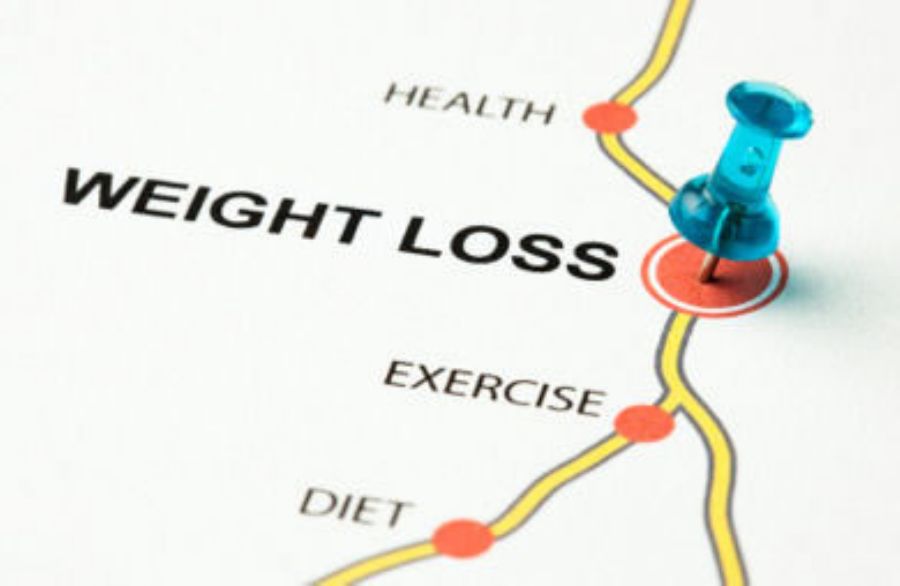
Question 6
How long do you think you could continue your current weight-loss plan?
A) Weeks
B) Months
C) Years
-
.jpg)
Realistic Weight-Loss Answer: C
If you feel like you can't keep up your healthy lifestyle for very long, it's a sign that your weight-loss goals are too unrealistic and your program may be too aggressive. Most likely, you've changed too many factors at once, so go back and try to make smaller changes for the better. As time goes by, keep making more small changes. Before you know it, you'll be living a healthier lifestyle. It may take more time to lose the weight, but you will have a healthier, more realistic mindset that will lead to sustainable lifestyle changes.
-

Question 7
When I hear weight-loss programs advertised, my first reaction is:
A) I want to buy it.
B) I want to learn more about it.
C) I know it's too good to be true.
-
.jpg)
Realistic Weight-Loss Answer: C
Over the years, consumers have been conditioned by deceptive advertising to think that it just takes the ''right product'' or the ''right plan'' to make them lose weight effortlessly. If you tend to be drawn to these claims, then your expectations for the results you can get by changing your habits could be unrealistic.
Work on committing yourself to a long-term healthy lifestyle plan that allows you to lose weight through the only way that really works: moving your body more and eating less.
-
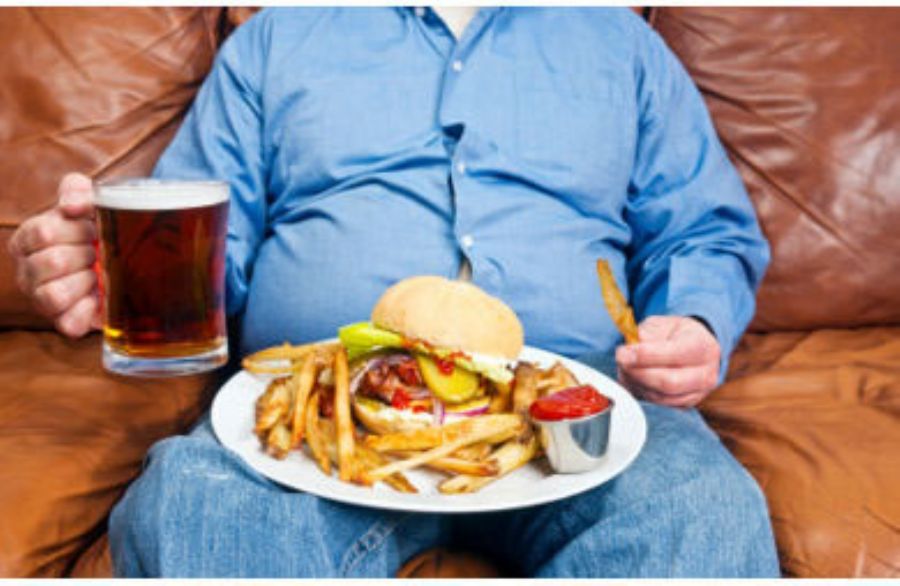
Question 8
If I slip up on my healthy eating or miss a workout, I:
A) Fall completely off the healthy living wagon
B) Make up for it the next day by working out harder and eating far less
C) Stick with my healthy lifestyle the next day
-
.jpg)
Realistic Weight-Loss Answer: C
No one is perfect! Everyone overeats the wrong foods and misses workouts now and again. That's life! People with realistic weight-loss goals know that slip-ups happen, and just get right back on track when they do. Losing weight is about consistency over the long term rather than perfection every day. So for realistic weight loss, simply get back to your healthy habits at the next meal or workout.
-

Question 9
Weight-loss plateaus are:
A) A normal part of the weight-loss process
B) A sign that you're eating too much
C) A sign that you're not working out hard enough
-
.jpg)
Realistic Weight-Loss Answer: A
Oh, the dreaded weight-loss plateau! Unfortunately, plateaus (where your weight loss stalls for a week or two) are common and to be expected. While plateaus can be an opportunity to tweak your diet and workouts, most of the time they are simply your body's way of saying, "Whoa, that's a lot of change! Give me a second!" Stick with your healthy habits, change up your workouts and the plateau will usually pass.
-

Question 10
My main motivation to lose weight is:
A) To look better
B) To be more confident
C) To be healthier
D) To have more
E) To live longer
-
.jpg)
Realistic Weight-Loss Answer: B, C, D, E
There's no "good" or "bad" reason to lose weight. However, those who only want to lose weight to look a certain way usually want to see results and are more inclined to adopt less-than-healthy habits in order to make it happen. This mentality is unrealistic and will almost always lead to unmet expectations. So if you're trying to lose weight solely to change your appearance, try to identify the other perks of losing weight and focus on those instead of just fitting into a certain size.
-

How Did You Do?
Are your weight-loss goals realistic, or are they more like what you'd expect of reality TV? If you're having trouble switching to a more realistic mindset, don't worry! Reset your weight-loss goals today and get on your way to a permanent healthy lifestyle change!
See more motivation slideshows
Are Your Weight-Loss Expectations Realistic?
Written by Jennipher Walters, Certified Personal Trainer and Fitness Instructor
We've all seen the celebrity weight-loss shows where the contestants drop 10+ pounds a week by working out (like crazy) and eating (not a whole lot). While those shows can be highly motivating by demonstrating what is possible through diet and exercise, they aren't exactly realistic. To make matters worse, those expectations that we have for the people we see on TV (and in magazines) become the norm for ourselves as well.
When you have realistic weight-loss expectations, you set yourself up to successfully lose the weight and actually enjoy the process. Take our quiz to see if your weight-loss expectations are too lofty, or just right.
Start Slideshow
Question 1
On average, how much weight should a person expect to lose in one week when on a healthy weight-loss plan?
A) 0.5 pounds or less
B) 0.5 to 2 pounds
C) 3-5 pounds
D) More than 5 pounds
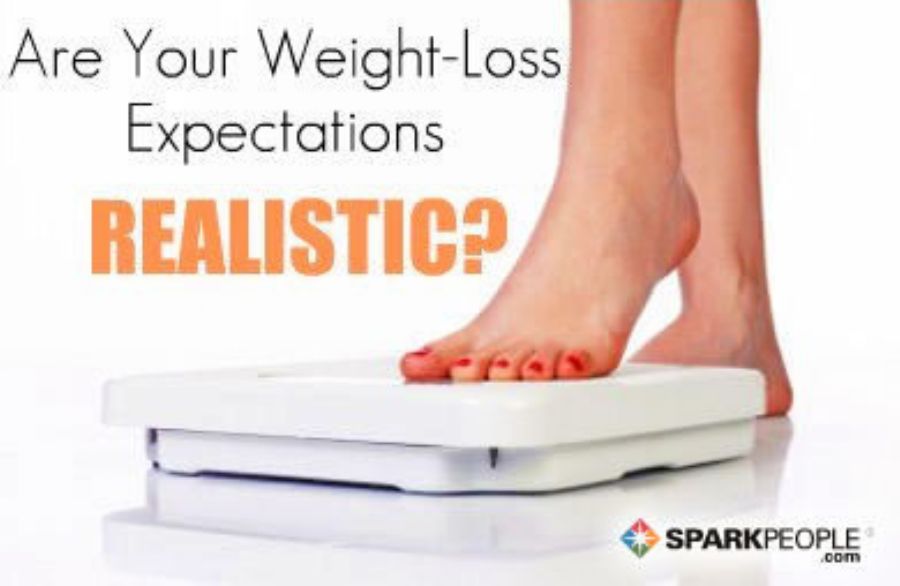
.jpg)

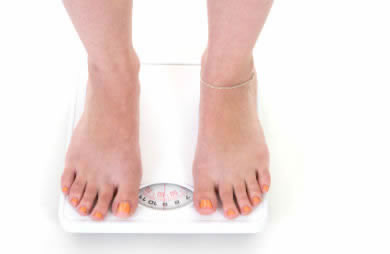


.jpg)